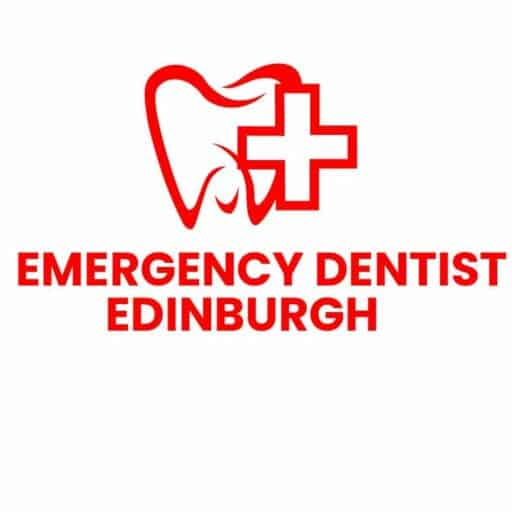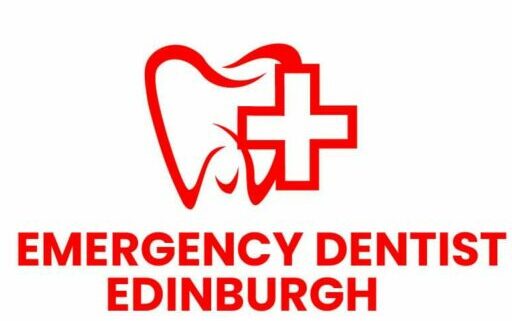Toothache

Dental Abscess – Emergency Dentist in Edinburgh (Open 7 Days a Week)
If you’re experiencing sharp, throbbing tooth pain, facial swelling, or sensitivity when chewing, you may have a dental abscess—a serious condition that requires emergency dental care. At our Edinburgh emergency dental clinic, we’re open 7 days a week to provide same-day treatment for painful and potentially dangerous dental infections.
What Is a Dental Abscess?
A dental abscess is a pocket of pus that forms due to a bacterial infection in the tooth, gum, or jawbone. It develops when bacteria enter the tooth or surrounding tissues—often through untreated cavities, gum disease, or dental trauma. The body responds by sending white blood cells to the area, which leads to the accumulation of pus.
There are different types of dental abscesses:
Periapical abscess: Forms at the tip of a tooth root, typically due to deep decay or a cracked tooth.
Periodontal abscess: Affects the gums and supporting structures of the teeth, often linked to advanced gum disease.
Gingival abscess: Affects the surface of the gum tissue, often caused by food or foreign objects lodged in the gum.
All abscesses, regardless of type, are serious and should be treated urgently.
How Is a Tooth Abscess Managed?
A dental abscess won’t go away on its own—it must be treated by a dentist. If left untreated, the infection can spread to surrounding tissues, jawbone, and even vital organs, posing a risk to your overall health.
When you visit our emergency dental clinic in Edinburgh, we act quickly to manage the condition:
1. Initial Assessment and Diagnosis
We’ll start by examining your mouth and symptoms. In most cases, we’ll take an X-ray to determine the location and extent of the abscess. Your emergency dentist will then develop a personalised treatment plan to relieve pain and eliminate the infection.
2. Pain Relief and Infection Control
If the abscess is causing severe pain or swelling, we’ll begin with pain relief and may prescribe antibiotics to help control the infection—especially if it’s spreading or if you have a fever.

How Is a Dental Abscess Treated?
The main goal is to drain the abscess, remove the source of infection, and save the tooth whenever possible. Treatment options depend on the type and severity of the abscess.
1. Draining the Abscess
If the abscess is large and filled with pus, your dentist may make a small incision in the gum to drain it. This helps relieve pressure and pain while removing bacteria from the site.
2. Root Canal Treatment
If the abscess is inside the tooth (periapical), a root canal is often the most effective treatment. This involves:
Removing the infected pulp from inside the tooth
Cleaning and disinfecting the root canals
Filling and sealing the tooth
Placing a crown to protect and restore function
Root canal therapy not only treats the infection but also helps preserve your natural tooth.
3. Tooth Extraction
In cases where the tooth is severely damaged and can’t be saved, we may need to extract it. After extraction, the abscess is drained, and we’ll discuss tooth replacement options with you during follow-up care.
4. Periodontal Treatment
If the abscess is caused by gum disease, we may recommend deep cleaning procedures such as scaling and root planing. This removes bacteria from beneath the gums and helps your gum tissue heal.
Will the Infection Return?
A properly treated dental abscess should not return, but it depends on a few key factors:
- Successful removal of the infection source (via root canal, extraction, or periodontal therapy)
- Good oral hygiene to prevent future bacterial buildup
- Regular dental check-ups to monitor your oral health
- Management of underlying conditions like diabetes or dry mouth, which can increase your risk
If an abscess returns, it’s often a sign that the infection wasn’t fully eliminated or that there’s a new issue. That’s why ongoing preventive care is essential after emergency treatment.
Why Choose Us for Emergency Abscess Treatment in Edinburgh?
Open 7 Days a Week – Emergency appointments always available
✅ Experienced Emergency Dentists in Edinburgh
✅ State-of-the-Art Technology for accurate diagnosis and treatment
✅ Fast, Gentle, and Reliable Dental Care
✅ Walk-ins Welcome – Same-Day Appointments Available
Book Your Emergency Appointment Today
If you suspect you have a dental cyst or are experiencing pain, swelling, or discomfort, don’t wait. Our dedicated team at [Your Clinic Name] in Edinburgh is here for you 7 days a week. We provide fast and effective emergency dental care to relieve your symptoms and protect your oral health.
Call us now at [Insert Phone Number]
Visit us at [Insert Address]
Or message us on WhatsApp for quick bookings.
Your smile and comfort are our top priority—get the emergency care you need, when you need it.






